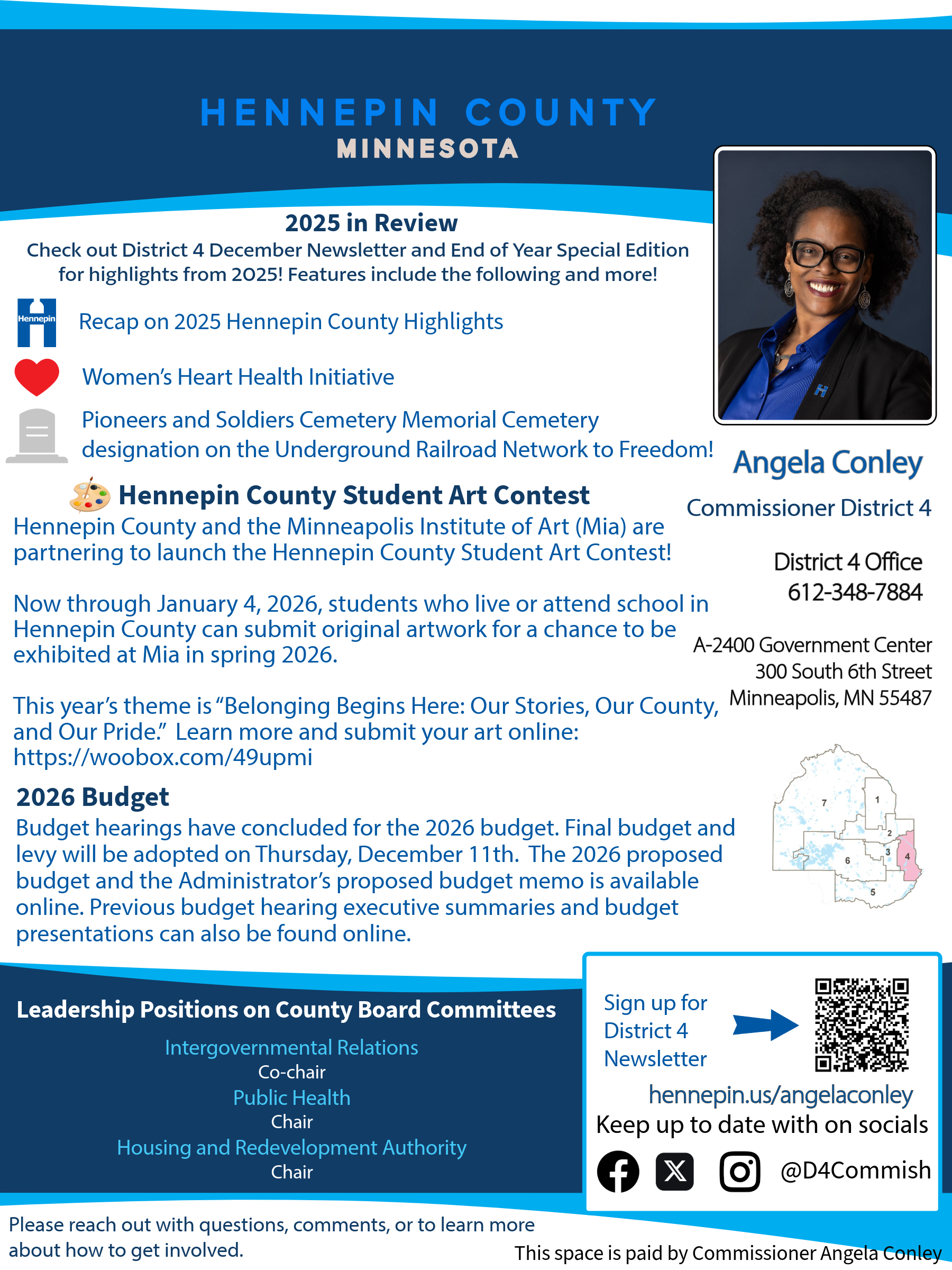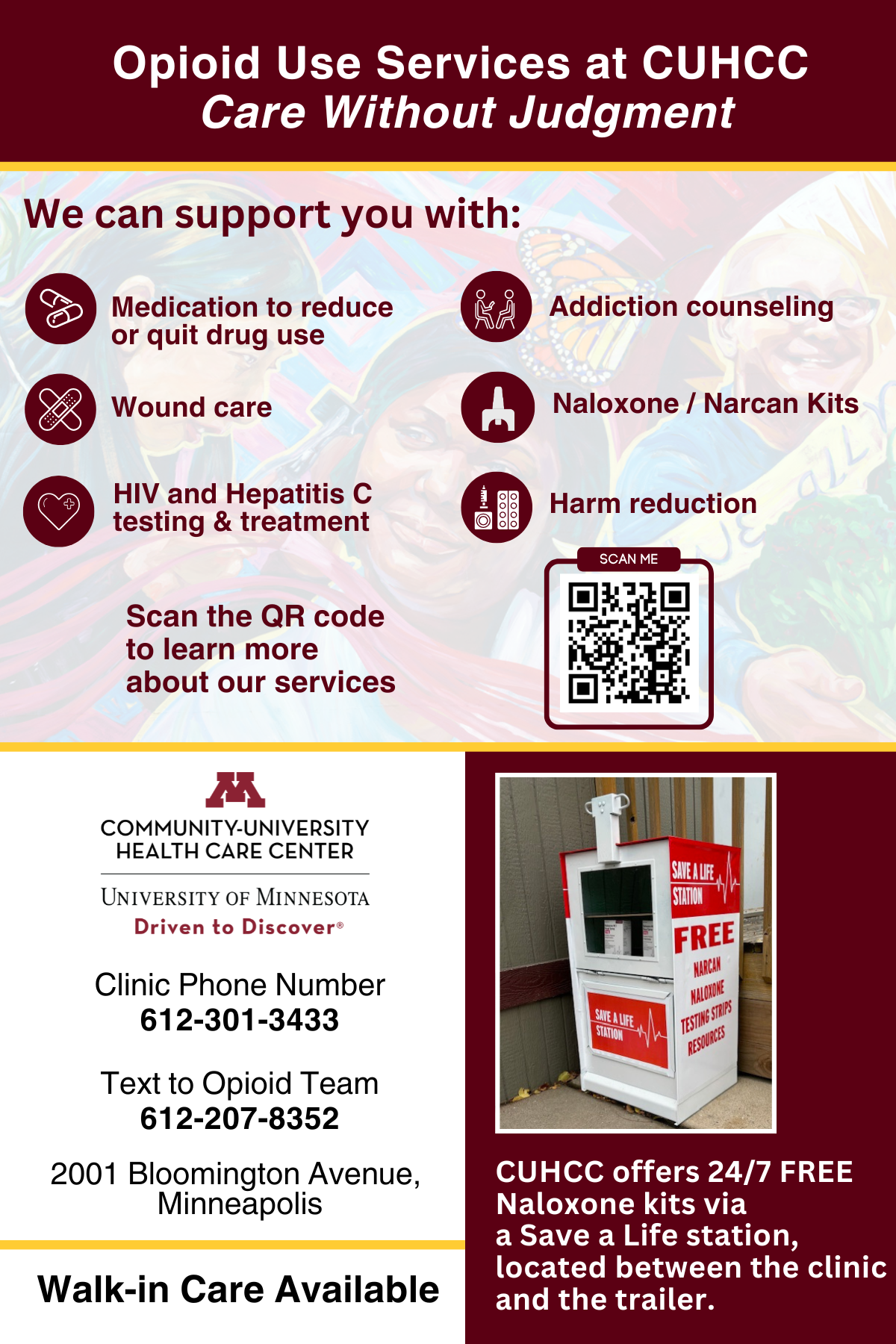By AMANDA THEISEN, Sunrise Banks
Life in retirement can come with a lot of freedom – the freedom to do what you want, when, where and with whom you want. It could mean trading in those frigid Minnesota winters for someplace warmer, traveling the world with a loved one, volunteering for causes you care about, or fulfilling another long-held dream.
While it’s fun to dream about retiring, thinking about the money side of retirement may not be as fun, especially if you’re getting a late start on saving. According to the 2022 Survey of Consumer Finances, almost half of American households had no savings in retirement accounts, such as 401(K), 403(b), IRA, thrift savings accounts or pensions.
October is National Retirement Security Month. Whether you’re just beginning your career or nearing its end, it’s never too early to think about what you want retirement to look like. The sooner you make a plan and put it into action, the more choices you’ll have in your golden years.
Timelines, Age Limits and Penalties
For most people, putting together a retirement plan involves many choices, some of them quite complex. The right strategy depends on several factors, including your current age and number of years until retirement.
Different retirement plans have different age limits for when you can begin withdrawing money without incurring the 10% penalty. For example, the “rule of 55” refers to the fact that you can start withdrawing from many workplace retirement plans starting at age 55.
Some plans, such as 401(k) or traditional IRAs, also have maximum ages for when you must begin withdrawing money, so it’s best to check your specific plan details so you don’t get hit with other penalties. If you work beyond your 70s, you can delay those 401(k) withdrawals until you officially retire.
You can start qualifying for Social Security payments once you turn age 62. Your Social Security full retirement age depends on the year you were born. You can boost your Social Security payments by 8% for each year you delay benefits between your full retirement age and age 70. After that, your base benefit maxes out, so start collecting Social Security by age 70 if you haven’t already.
Other Factors to Consider
You’ll also want to think about other things, such as whether you’ll want to enroll in Medicare once you turn age 65 or stay with an employer-covered healthcare plan, if still eligible. If you don’t already have a will, power of attorney or healthcare directive, you’ll want to investigate putting those documents together.
You may also want to consider a gradual retirement, where you reduce your working hours at your current employer, get a part-time job or do freelance/consulting work. This can help give you an extra financial cushion as you transition to full retirement.
You can check out more tools to help you save for retirement at sunrisebanks.com/financial-wellness-tools.
Amanda Theisen is the communications manager at Sunrise Banks.









